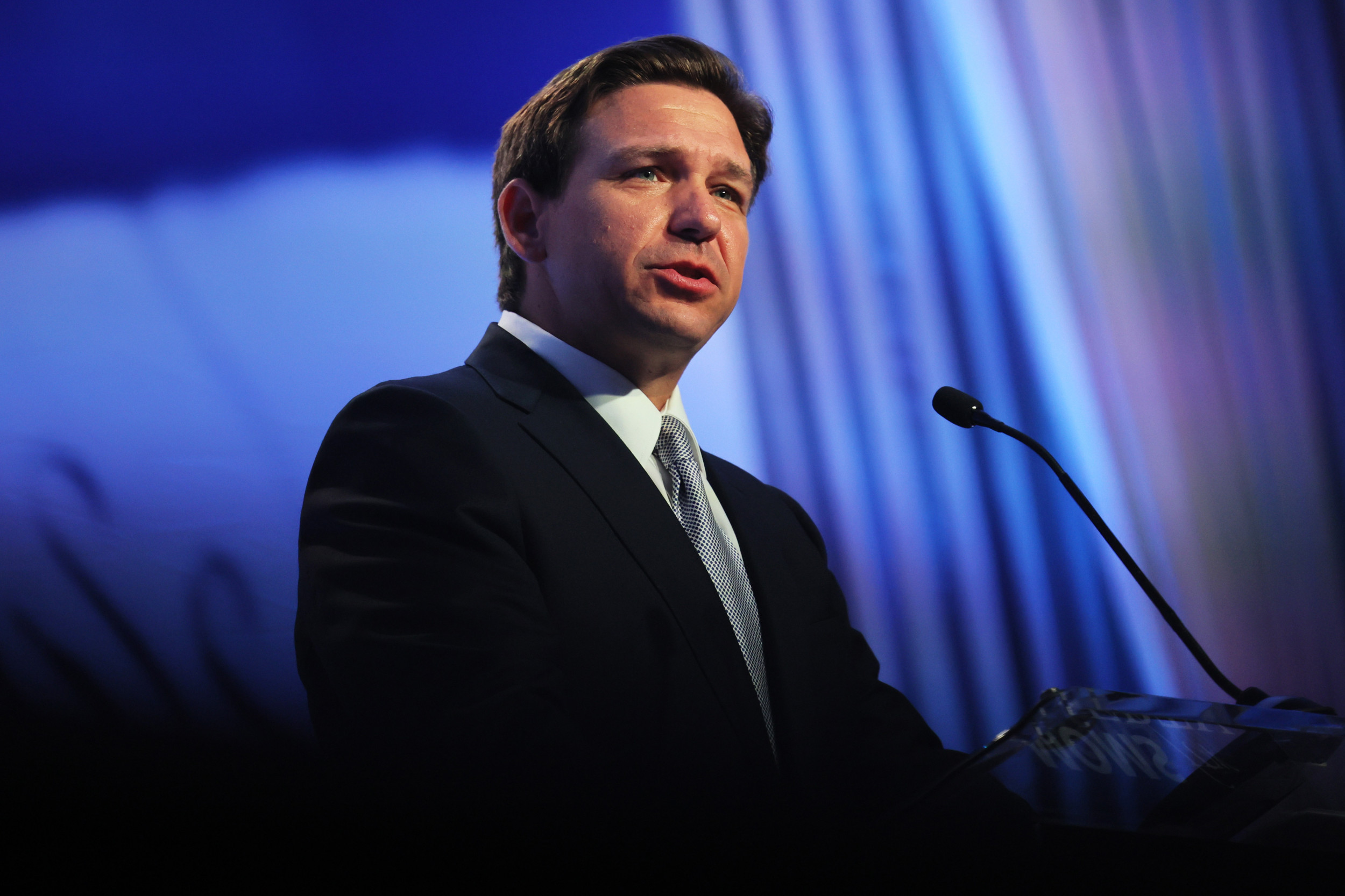
Prior to becoming an entrepreneur, I had a fascinating career as a cowboy chemist. Before you let your mind wander to chaps and lab coats, here's what that essentially means: I let my curiosity guide me in the lab — sometimes ignoring convention and shooting from the hip. This occasionally blew up in my face (thankfully, not literally), but it also led me to some incredible discoveries.
That approach didn't end when I hung up my lab coat to start a business in agriculture technology. Curiosity has a central place in the world of startups. It powers entrepreneurs and propels businesses to new heights. It's an undeniable virtue and will be especially valuable in a post-pandemic landscape as roles and industries transform faster than ever.
Yet, my most radical discovery in this new career has been that curiosity isn't everything. Here's what I've learned about finding the sweet spot on the curiosity-coachability spectrum.
Curiosity Comes First
If you're not driven by curiosity, you're probably not going to get far in the startup world. Navigating those early days is a lot like walking through a haunted house — you know problems are coming, but you don't know when they're going to jump out. If you're not genuinely curious, fear and misgiving will get the best of you.
When we first started our adventure in agtech, I needed to find people who would pull back the curtains in that haunted house. As pioneers in precision farming, we were integrating agriculture, chemistry and engineering in ways that hadn't been done before. And there were plenty of scary problems in our path.
Curiosity also equates to adaptability. According to Deloitte, one universal challenge startups face is a lack of money. Companies need people willing to wear multiple hats to make it through those lean times. One of my favorite memories from the startup days was watching science and engineering interns roll up their sleeves to design a telescopic pole — you know, like the kind for hanging Christmas lights — to hang our pheromone dispensers in tall orchard trees. Was it their core area of expertise? No, but a problem needed solving and they went out of their way to get it done.
And curiosity is the glue that keeps teams together. As Harvard business professor Francesa Gino writes, "Curiosity encourages members of a group to put themselves in one another's shoes and take an interest in one another's ideas rather than focus only on their own perspective." The result is fewer conflicts and more cohesion. From my experience, this also inspired endless enthusiasm for our collective vision, which was exactly the energy we needed to push through our growing pains and have fun while doing it.
The Coachability Counterweight
As we navigated the usual startup curve from uncovering problems toactually solving them, I started to see challenges emerge — in myself and in my team. We had boundless energy, but we didn't always have focus. We would attack a problem with reckless abandon, only to move on to the next one just as quickly. We got so caught up in iterating and improvising, that we forgot to ask for help from people who knew better.
A lesson dawned on me that my university professors tried to show me years before: Curiosity alone isn't everything. It exists on a spectrum with coachability, and there's a sweet spot somewhere in the middle.
I experienced this on a very personal level. I may have known every detail about our products — right down to the molecular structure of the pheromones we were using to control pests — but I really didn't know much about running a business. I had access to a network of mentors who had navigated the intricacies of venture capital funding and hypergrowth. But instead of leaning on experts to help me, I was trying to push through on my own, with limited results.
In the years since that lesson, I've been working hard to strike that balance personally and with my team. How do you keep curiosity and a spirit of experimentation alive, while also learning from the wisdom that's already out there? How do you know if you're truly disrupting an industry or just stubbornly reinventing the wheel?
The answer to the coachability question begins with humility. Successful people are able to acknowledge gaps in their expertise and aren't afraid to ask questions. That's especially important for us — a group of scientists and engineers whose customers are farmers. Making humility a core value allows us to put our hypotheses to the side and learn from our customers every chance we get.
Striking that balance also requires openness to collaboration. We could (and do) hire world-class experts — but the real magic happens when their ideas collide with other domains and points of view. Teamwork leads to productivity, removes biases and fosters the kind of mentorship we need to encourage curiosity and rein it in when needed.
Finally, we've found a fairly straightforward question can help in hiring people who ride the line between curious and coachable. We'll ask an interviewee about their area of expertise, say neural networks and deep learning. When they're finished talking (usually excitedly), we'll ask about something completely outside their comfort zone, like smart robotics. There's no single right answer but some variation on "I'm no expert but here's what I might do ..." speaks volumes.
I'll always be grateful for the cowboy approach to curiosity because it allowed us to discover so much about our company, but it could only take us so far. We completed three major acquisitions last year, and I'll be the first to admit I initially had little idea what I was doing. But rather than going rogue, I asked for help. I was honest with my team. I asked the dumb questions and showed vulnerability. I've found creating a culture of "curious coachability" starts at the top — and that means retiring some cowboy chemist habits for a while.
Uncommon Knowledge
Newsweek is committed to challenging conventional wisdom and finding connections in the search for common ground.
Newsweek is committed to challenging conventional wisdom and finding connections in the search for common ground.





